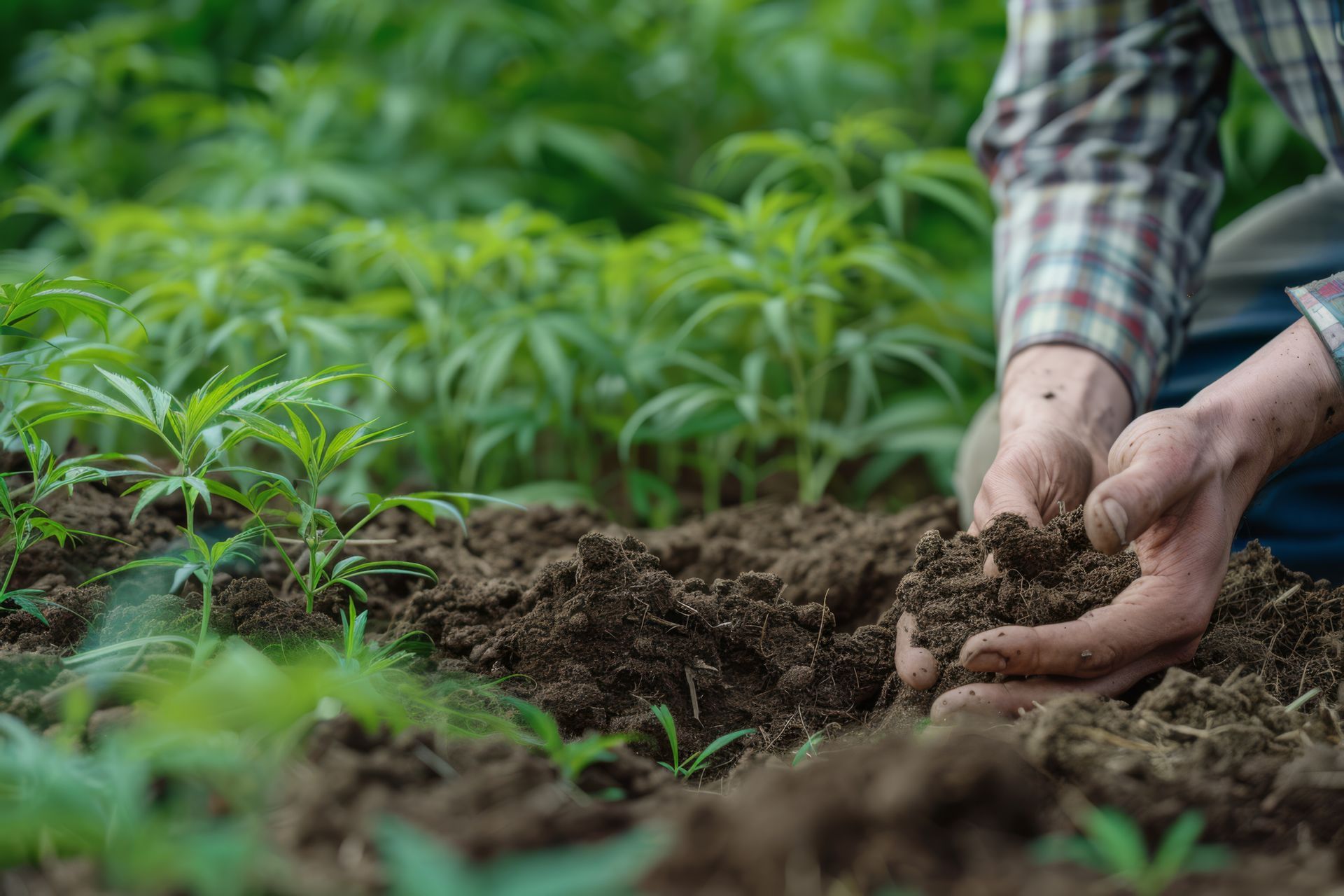What You Need to Know About Arizona Drug Cultivation Laws

Arizona law allows adults 21 or older to grow up to six marijuana plants at home (or up to 12 if two or more adults are living in the household) under strict conditions. Exceeding legal limits, cultivating other drugs, or failing to adhere to legal marijuana growing requirements can lead to serious criminal charges.
What’s Legal in Arizona?
Before the statewide legalization of recreational marijuana, only registered medical marijuana cardholders could legally grow small amounts of cannabis (two plants) under the Arizona Medical Marijuana Act (AMMA). However, since the passage of Proposition 207 in 2020, any adult aged 21 or older can legally cultivate marijuana, but only under specific conditions.
- Legal Grow Limits: Individuals may grow up to six marijuana plants at home, or up to 12 plants per household if two or more adults live there.
- Private Property Requirement: Cultivation must occur in a locked, enclosed area that is not visible to the public.
- No Unauthorized Sales or Transfers: Even if you legally grow marijuana in Phoenix, you cannot sell it without a dispensary license. Gifting small amounts (up to one ounce) is legal, but exchanging it for anything of value is considered an illegal sale. It’s also illegal to give homegrown marijuana to anyone under the age of 21 (ARS 36-2853).
Exceeding these limits or growing cannabis with intent to distribute without a license can result in felony drug production charges.
Minors and Marijuana Cultivation
Arizona law strictly prohibits minors from possessing or cultivating marijuana. It’s illegal for parents who are legally growing cannabis to allow minors to handle, tend to, or harvest the plants. Parents who allow children around marijuana plants risk child endangerment charges, especially if the cultivation setup is unsafe or the child gains access to harvested cannabis.
For individuals under 21 caught with marijuana, penalties vary depending on the amount. First-time offenders may qualify for diversion programs.
Other Drugs That Can Be Cultivated
While marijuana cultivation is legal within specific guidelines, growing any other controlled substance remains a felony under ARS 13-3405 to 13-3408. This includes:
- Psilocybin mushrooms (hallucinogenic fungi)
- Peyote (except for religious use under ARS 13-3402)
- Opium poppies (used for heroin production)
- Coca plants (used for cocaine production)
Unlike marijuana, there are no legal circumstances under which a private individual can cultivate these substances in Arizona.
Penalties for Illegal Drug Cultivation in Arizona
Growing more than the legal limit of marijuana or cultivating any other controlled substance can result in felony charges. Penalties vary based on the type of drug, the quantity, and whether law enforcement believes there was an intent to sell.
- Illegal Marijuana Cultivation (ARS 13-3405): Growing more than the allowed plant limit is a felony, with penalties ranging from probation to several years in prison depending on the quantity.
- Cultivation of Dangerous Drugs (ARS 13-3407): Growing mushrooms, peyote, or poppy plants is a Class 3 felony, carrying five to 15 years in prison for a first offense.
- Aggravating Factors: Larger operations, prior drug convictions, or growing in proximity to a school can increase penalties.
Even a small-scale illegal grow operation can result in serious charges, especially if law enforcement alleges an intent to distribute.
How People Get Caught for Drug Cultivation
Law enforcement often uncovers illegal cultivation through tips from neighbors, suspicious utility usage, and direct observations. Some of the most common ways police detect illegal grow operations include:
- Strong odors: Even people who don’t use marijuana are familiar with its distinctive odor. Large grow operations can be difficult to mask from neighbors, landlords, or passersby who may report the odor.
- High electricity usage:
Indoor cultivation requires high-powered lights, fans, and humidity controls, leading to spiking electricity bills that utilities or law enforcement may flag.
- Heat signatures:
Thermal imaging technology can detect excessive heat from grow lights, although police typically need a warrant to use it.
- Unusual ventilation setups: Makeshift air ducts, blacked-out windows, and excess humidity can raise suspicion.
- Informants and surveillance: In some cases, law enforcement receives tips from confidential informants or conducts surveillance on suspected grow sites.
Defending Against Drug Cultivation Charges in Phoenix
It is possible to defend against illegal drug cultivation charges in Phoenix, but the strength of your case depends on the circumstances of your arrest. Law enforcement must follow proper procedures when obtaining a warrant, conducting searches, and collecting evidence.
If your rights were violated, key evidence could be suppressed. Other possible defenses include disputing probable cause, demonstrating compliance with Arizona’s marijuana laws, or challenging whether the number of plants exceeded the legal limit.
If you're facing drug cultivation charges, Arizona Board-Certified Criminal Defense Attorney Michael Alarid III can review the details of your arrest and explain your options.
Call (602) 818-3110 to schedule a free case evaluation.
Practice Areas
RECENT NEWS
PRACTICE AREAS
All Rights Reserved | The Law Office of Michael Alarid III
Built by REV77



